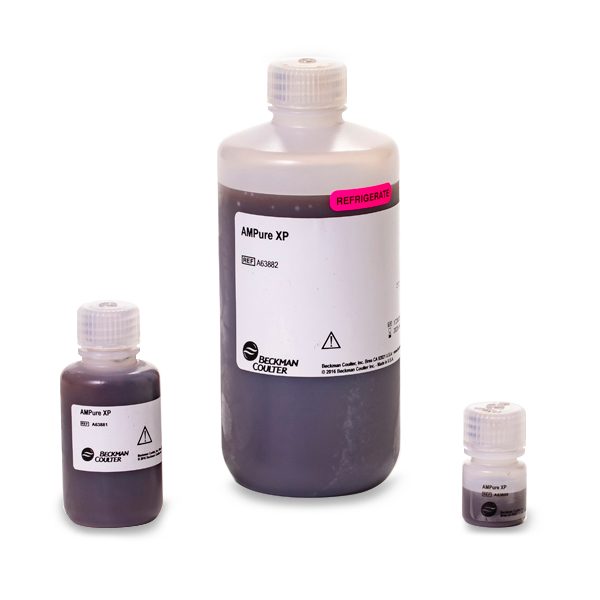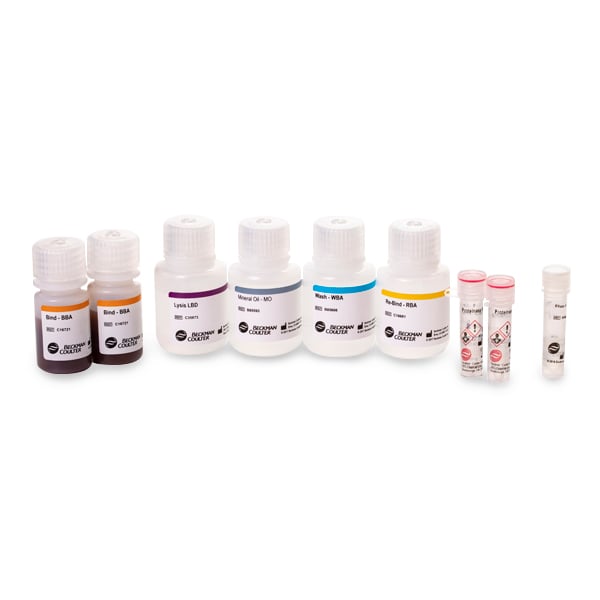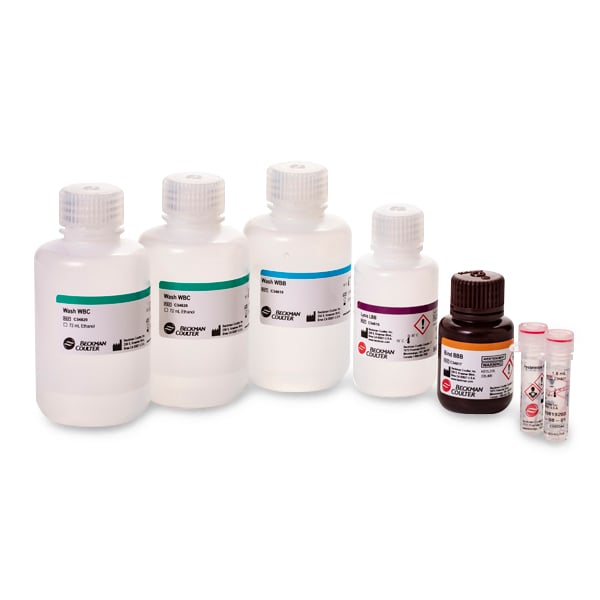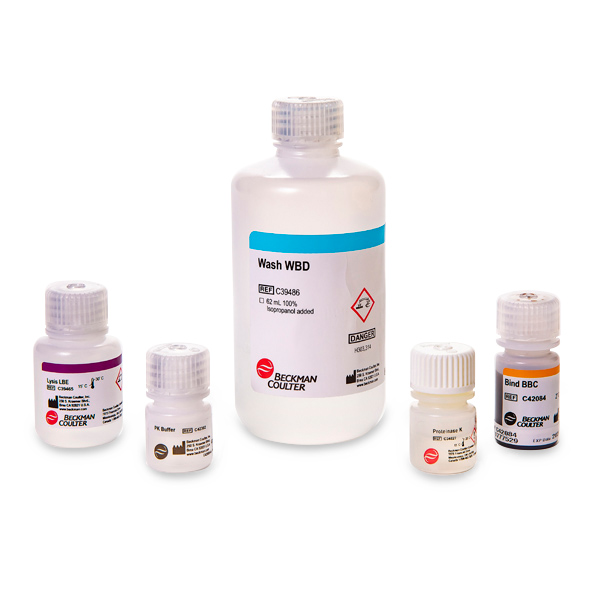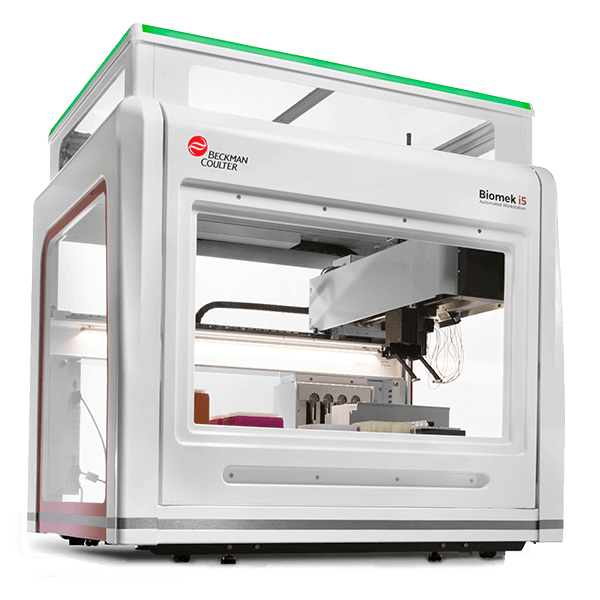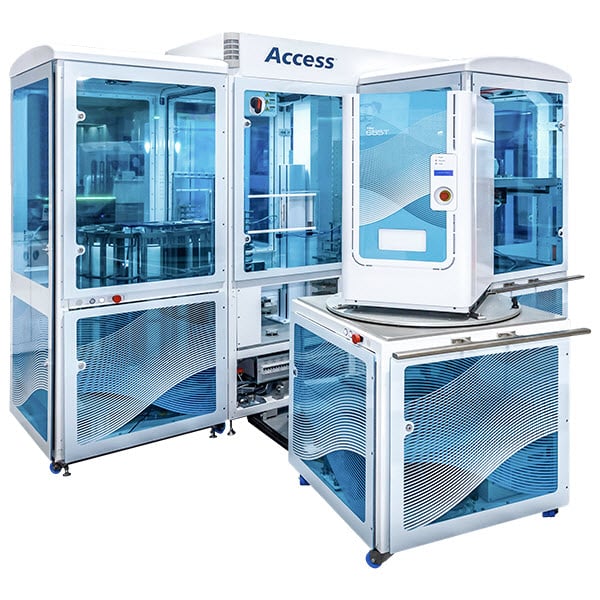Liquid Handling for Gene Expression
RT-qPCR and Next-Generation Sequencing Methods for Cost-Effective and High-Throughput Gene Expression Studies
 Echo liquid handler has been successfully used in gene expression studies, either using RT-qPCR or nextgen sequencing (NGS) methods, depending on the number of targets to be analyzed. When more than about 20 targets per sample are desired, NGS is usually the preferable method, where thousands of target regions with single-base resolution can be easily analyzed.
Echo liquid handler has been successfully used in gene expression studies, either using RT-qPCR or nextgen sequencing (NGS) methods, depending on the number of targets to be analyzed. When more than about 20 targets per sample are desired, NGS is usually the preferable method, where thousands of target regions with single-base resolution can be easily analyzed.
Furthermore, taking advantage of one-Step RT-qPCR chemistries, Echo will eliminate costly and cumbersome sample extraction and preparation steps to enable high throughput studies of endogenous gene expression directly from cell lysates. With Echo Liquid Handlers reaction volumes can be reduced to less than 2 µL (limited by detection limit of thermocyclers) in 384- or 1536-well PCR plates, while improving sustainability through using less plastic tips.
Data from different labs have shown that reducing reaction volumes to save on cost using the Echo will either maintain or improve the data quality. The data was improved by minimizing the non-specific amplifications, observed when using tip-based liquid handlers in these kind of assays, in some cases.1,2
Key Benefits
- One-step gene expression reactions at volumes as low as 2 µL or less in 384- or 1536-well PCR plates
- Miniaturization enables reducing reagents cost, while using standard reagents and detection techniques
- If NGS techniques used, the Echo enables faster (up to 10-fold) reaction set ups at a fraction of the volume and cost
- The tip-less and contact-less technology of the Echo provides a robust solution for high-throughput labs
Access Systems for a High-Throughput and Walk-Away Solution
To expand these benefits even further, the Access Laboratory Workstations and Access Systems incorporate the Echo Liquid Handler into a turnkey, automated solution for high throughput gene expression studies.

